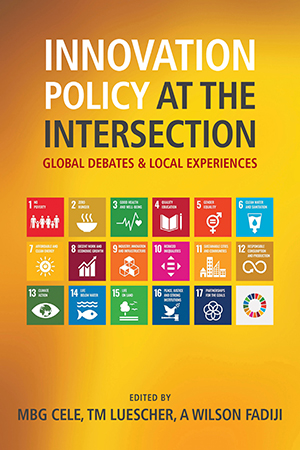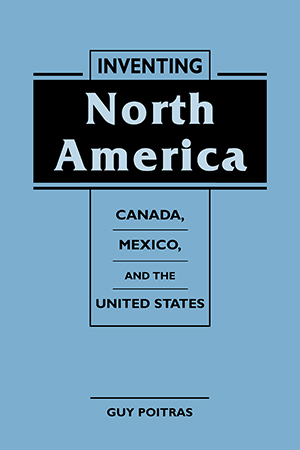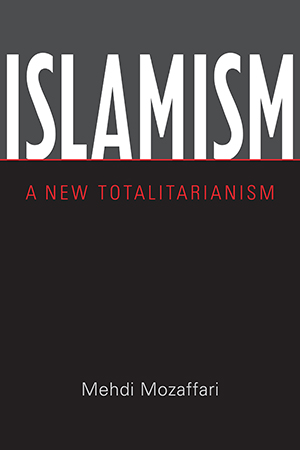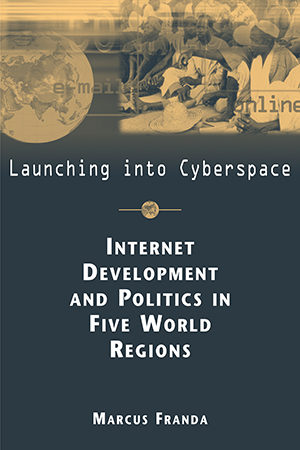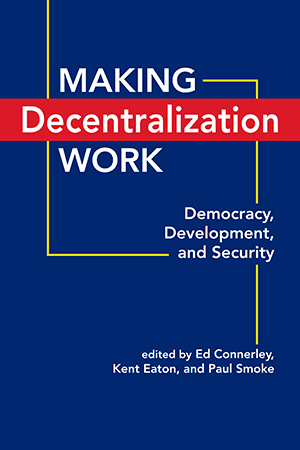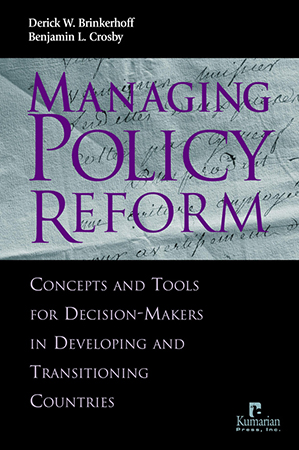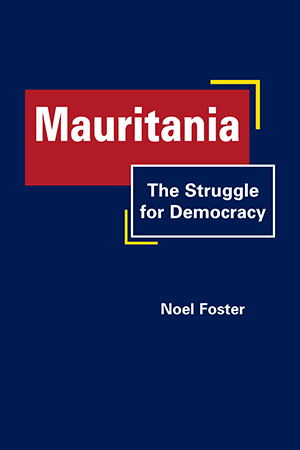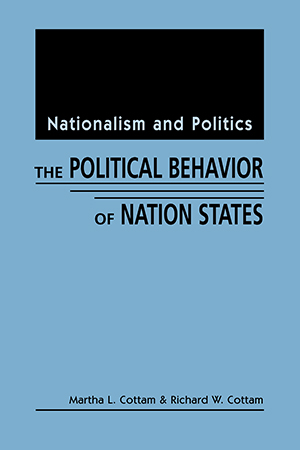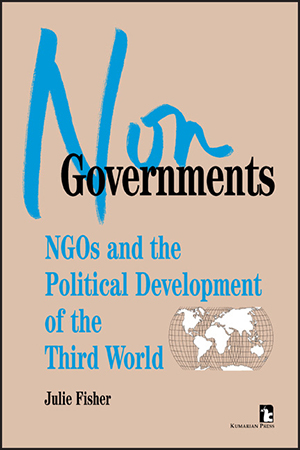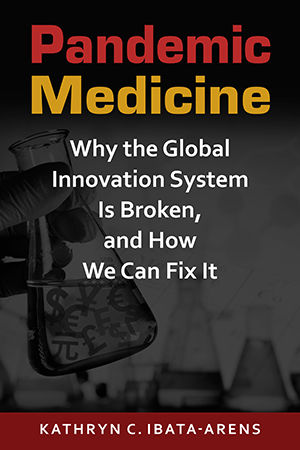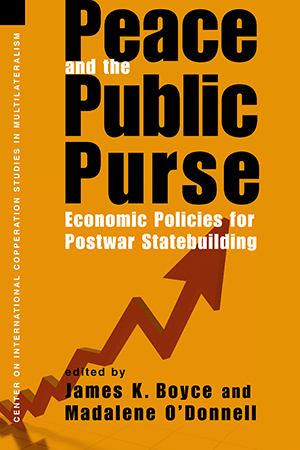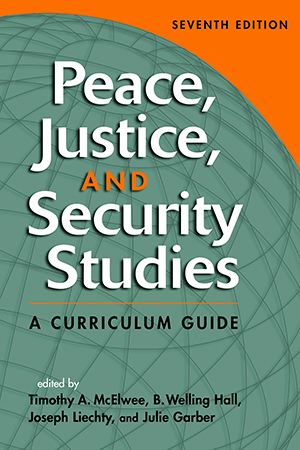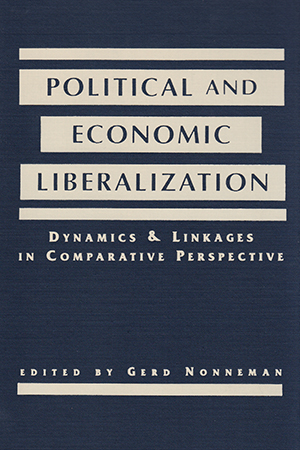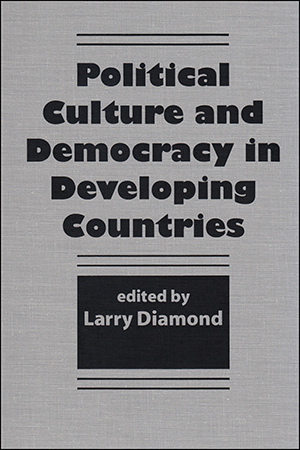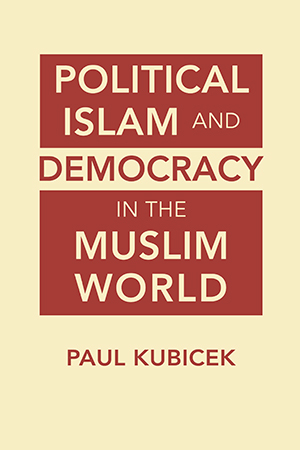Comparative Politics (general books)
As countries around the world find themselves grappling with sociotechnological shifts—the Fourth Industrial Revolution—science, technology, and innovation policy (STI) is at the More >
In the face of potent domestic and global forces, the U.S., Canada, and Mexico—the NA-3—have devised an enterprise that promises to draw them closer together in the twenty-first More >
What exactly is Islamism? And what explains its violent expansion in recent decades? Why are Islamists so determined to change the world order? Are there similarities between Islamism and More >
Launching into Cyberspace explores the Internet as an increasingly important variable in the study of comparative politics and international relations. Focusing on Africa, the Middle East, More >
It is increasingly difficult to find developing countries whose leaders have not debated or implemented some type of decentralization reform. But has decentralization worked? Does it More >
Based on experience in more than 40 countries, this comprehensive, practical guide provides concepts and tools for navigating the effective implementation of policy reforms designed to More >
Why did a clique of Mauritanian officers risk their lives to overthrow the autocrat they had served for twenty years, only to cede power to an elected civilian? And having won acclaim for More >
As nationalism increasingly captures our attention through its impact on intercommunal violence and even the stability of states, this fresh look at the phenomenon plumbs an important aspect More >
This definitive work on nongovernmental organizations provides a complete overview of the composition and the types of NGOs that have emerged in recent years. Julie Fisher describes in More >
Winner of the Andrew Price-Smith Book Award! Despite a century of advances in modern medicine, as well as the rapid development of Covid vaccines, the global pharmaceutical industry has More >
In the aftermath of violent conflict, how do the economic challenges of statebuilding intersect with the political challenges of peacebuilding? How can the international community help lay More >
Fully revised to reflect the realities of the post–September 11 world, this acclaimed curricular reference provides a comprehensive review of the field of peace, justice, and security More >
Even amid the apparent post–Cold War consensus, the benefits and drawbacks of economic and political liberalization remain controversial. At the same time, explanations for the recent More >
In response to scores of requests, this textbook edition of Political Culture and Democracy in Developing Countries has been abridged to convey the core arguments of the book in a format More >
Belying assertions of the incompatibility of Islam and democracy, many Muslim-majority countries are now or have been democratic. Paul Kubicek draws on the experiences of those countries to More >


